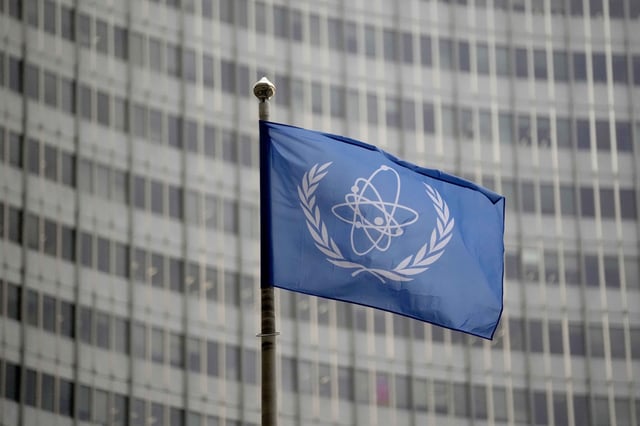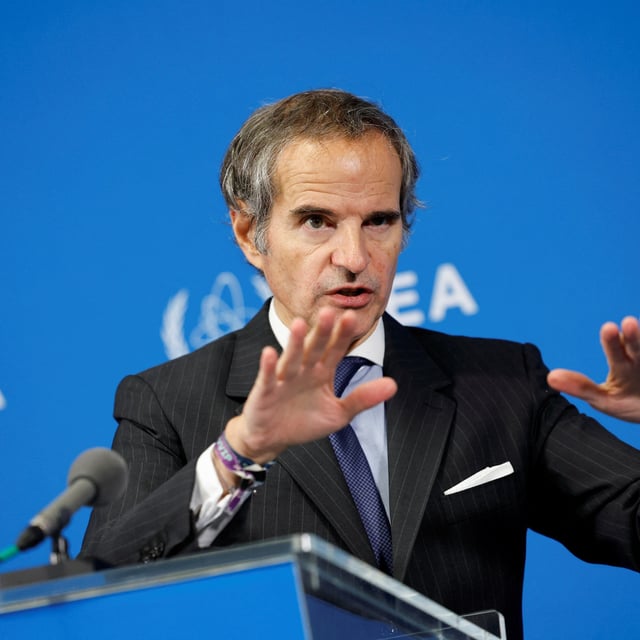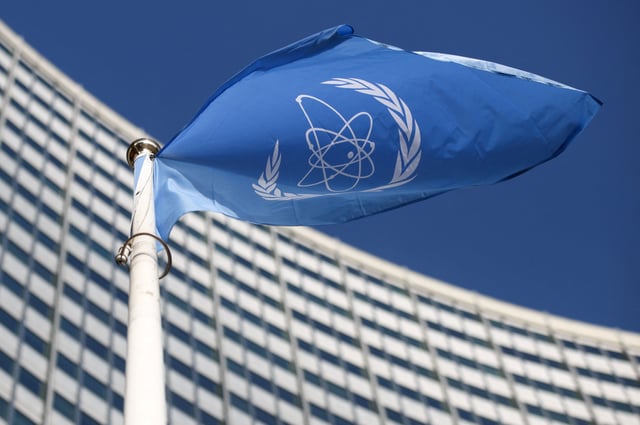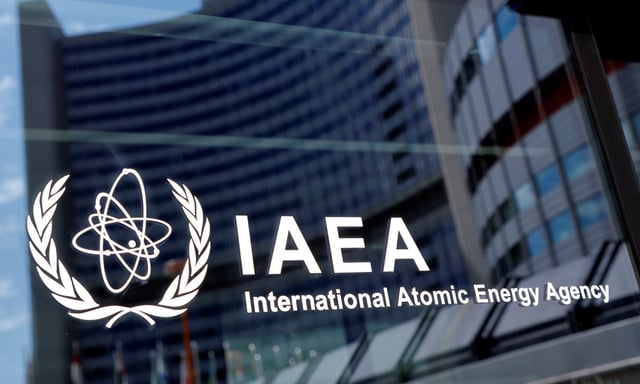Overview
- The 35-nation IAEA board approved the resolution in Vienna, marking Tehran’s first formal non-compliance finding in 20 years.
- The board pointed to Iran’s repeated failures since 2019 to provide full and timely cooperation on investigations into undeclared nuclear material.
- Western diplomats contend the uranium traces may indicate a concealed nuclear weapons program active until 2003.
- The resolution was tabled by France, the United Kingdom, Germany and the United States in a show of unified Western pressure.
- The non-compliance finding could trigger efforts to restore UN sanctions on Iran later this year if cooperation does not improve.



